Solar water heating systems use the energy from the sun to heat water for various purposes, such as domestic use, swimming pools, and industrial applications. These systems are becoming increasingly popular due to their cost-effectiveness, environmental benefits, and long-term savings on energy bills. There are two main types of solar water heating systems: active and passive. Active systems use pumps to circulate water or a heat-transfer fluid through the solar collector and back into the storage tank. Passive systems, on the other hand, rely on gravity and natural convection to circulate water. The core components of a solar water heating system include solar collectors, a storage tank, a circulation pump (for active systems), a heat exchanger, and a backup heating system for days with insufficient sunlight. Let’s delve into each component in detail: 1. Solar Collectors: These are the devices that absorb heat from the sunlight and transfer it to the water. There are two main types: flat-plate collectors and evacuated tube collectors. – Flat-plate collectors consist of a dark-colored absorber plate with tubes or channels for the water to flow through. The absorber plate absorbs sunlight and converts it into heat, which is then transferred to the water.
Solar water
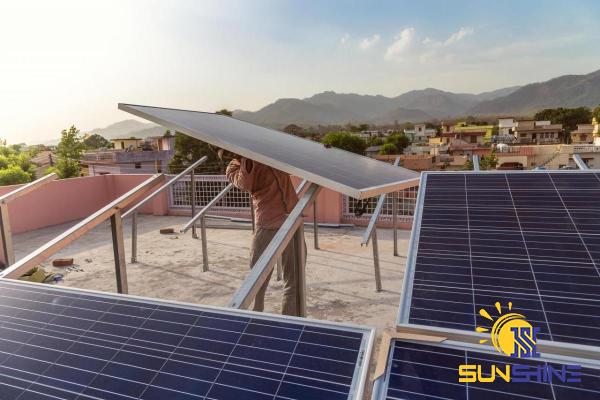 – Evacuated tube collectors consist of a series of glass tubes with a vacuum inside. Each tube contains a metal absorber, which absorbs heat from the sun and transfers it to the water flowing through the tubes. 2. Storage Tank: The solar-heated water is stored in an insulated tank, typically located above or adjacent to the solar collector. The tank can be made of various materials such as stainless steel or glass-lined steel to prevent heat loss. 3. Circulation Pump: Active solar water heating systems require a circulation pump to move the water or heat-transfer fluid between the collector and storage tank. This pump ensures efficient heat transfer and prevents stagnation. 4. Heat Exchanger: In active systems, a heat exchanger transfers the heat from the solar collector fluid to the domestic water supply. This prevents the actual solar collector fluid from coming into direct contact with the potable water. 5. Backup Heating System: For days with insufficient sunlight or high hot water demand, a backup heating system is necessary to supply hot water. This backup can be in the form of an electric heater, gas heater, or even a conventional water heater. Now, let’s explore the benefits and considerations of solar water heating systems. Benefits of Solar Water Heating Systems: 1. Cost Savings: Solar water heating systems can significantly reduce energy bills in the long run. By harnessing the sun’s energy, households and businesses can reduce their reliance on traditional energy sources, such as gas or electricity, thereby saving money on heating water.
– Evacuated tube collectors consist of a series of glass tubes with a vacuum inside. Each tube contains a metal absorber, which absorbs heat from the sun and transfers it to the water flowing through the tubes. 2. Storage Tank: The solar-heated water is stored in an insulated tank, typically located above or adjacent to the solar collector. The tank can be made of various materials such as stainless steel or glass-lined steel to prevent heat loss. 3. Circulation Pump: Active solar water heating systems require a circulation pump to move the water or heat-transfer fluid between the collector and storage tank. This pump ensures efficient heat transfer and prevents stagnation. 4. Heat Exchanger: In active systems, a heat exchanger transfers the heat from the solar collector fluid to the domestic water supply. This prevents the actual solar collector fluid from coming into direct contact with the potable water. 5. Backup Heating System: For days with insufficient sunlight or high hot water demand, a backup heating system is necessary to supply hot water. This backup can be in the form of an electric heater, gas heater, or even a conventional water heater. Now, let’s explore the benefits and considerations of solar water heating systems. Benefits of Solar Water Heating Systems: 1. Cost Savings: Solar water heating systems can significantly reduce energy bills in the long run. By harnessing the sun’s energy, households and businesses can reduce their reliance on traditional energy sources, such as gas or electricity, thereby saving money on heating water.
Specifications of solar water
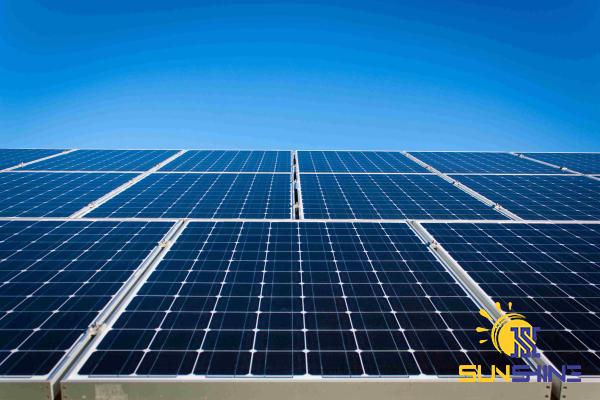 2. Environmental Impact: Solar water heating systems are a sustainable and eco-friendly solution. They greatly reduce greenhouse gas emissions associated with traditional water heating methods, helping to combat climate change and preserve the environment. 3. Energy Independence: By installing a solar water heating system, individuals and businesses can become less dependent on external energy sources. This is particularly beneficial in remote areas where access to electricity or gas may be limited. 4. Longevity and Low Maintenance: Solar water heating systems are designed to have a long lifespan, typically around 20-30 years. With proper maintenance, the system can operate efficiently for many years, requiring minimal repairs. Considerations for Solar Water Heating Systems: 1. Initial Cost: The initial installation cost of a solar water heating system can be higher compared to traditional water heating methods. However, the long-term cost savings and potential government incentives can offset the initial investment. 2. Space Requirements: Solar collectors require sufficient space to be installed. This may limit their feasibility for installations in densely populated areas or buildings with limited roof space.
2. Environmental Impact: Solar water heating systems are a sustainable and eco-friendly solution. They greatly reduce greenhouse gas emissions associated with traditional water heating methods, helping to combat climate change and preserve the environment. 3. Energy Independence: By installing a solar water heating system, individuals and businesses can become less dependent on external energy sources. This is particularly beneficial in remote areas where access to electricity or gas may be limited. 4. Longevity and Low Maintenance: Solar water heating systems are designed to have a long lifespan, typically around 20-30 years. With proper maintenance, the system can operate efficiently for many years, requiring minimal repairs. Considerations for Solar Water Heating Systems: 1. Initial Cost: The initial installation cost of a solar water heating system can be higher compared to traditional water heating methods. However, the long-term cost savings and potential government incentives can offset the initial investment. 2. Space Requirements: Solar collectors require sufficient space to be installed. This may limit their feasibility for installations in densely populated areas or buildings with limited roof space.
buy Solar water
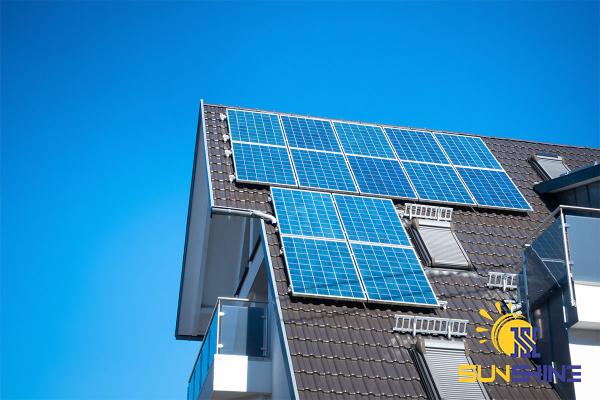 3. Climate Considerations: Solar water heating systems depend on sunlight, so their efficiency can vary depending on the climate and weather conditions of a particular area. Locations with abundant sunlight are ideal for maximizing the system’s efficiency. 4. Maintenance: Although low maintenance, solar water heating systems still require periodic inspections and maintenance to ensure optimal performance. This includes checking for leaks, cleaning the collectors, and maintaining the control system. In conclusion, solar water heating systems offer a sustainable and cost-effective solution for heating water. By harnessing the sun’s energy, these systems can significantly reduce energy bills, lower greenhouse gas emissions, and provide energy independence. While their initial cost and space requirements may pose challenges, the long-term benefits and environmental impact make solar water heating systems a viable option for both residential and commercial applications.
3. Climate Considerations: Solar water heating systems depend on sunlight, so their efficiency can vary depending on the climate and weather conditions of a particular area. Locations with abundant sunlight are ideal for maximizing the system’s efficiency. 4. Maintenance: Although low maintenance, solar water heating systems still require periodic inspections and maintenance to ensure optimal performance. This includes checking for leaks, cleaning the collectors, and maintaining the control system. In conclusion, solar water heating systems offer a sustainable and cost-effective solution for heating water. By harnessing the sun’s energy, these systems can significantly reduce energy bills, lower greenhouse gas emissions, and provide energy independence. While their initial cost and space requirements may pose challenges, the long-term benefits and environmental impact make solar water heating systems a viable option for both residential and commercial applications.
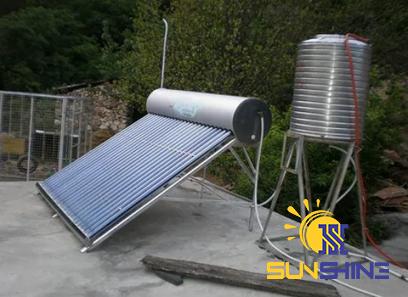
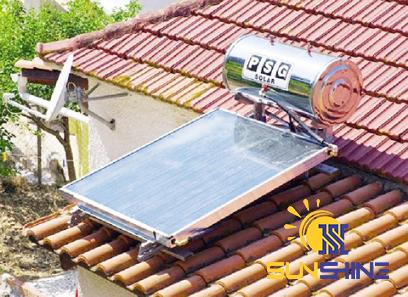
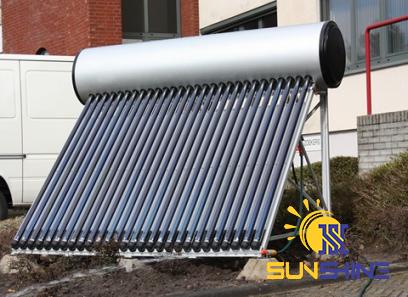
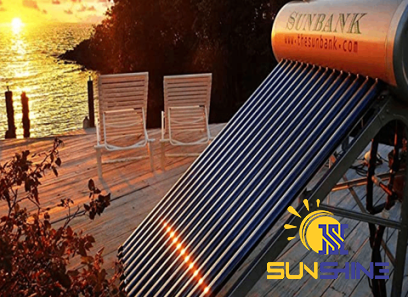
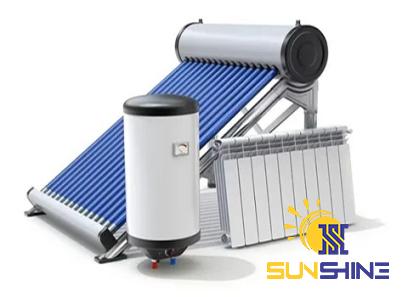
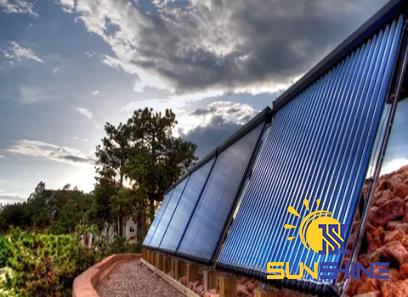
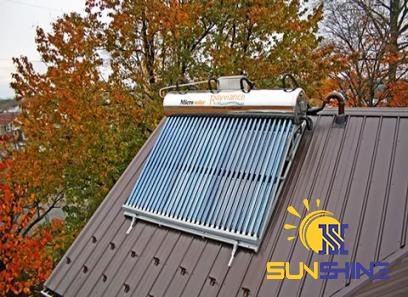
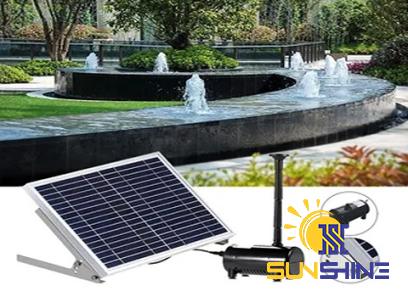
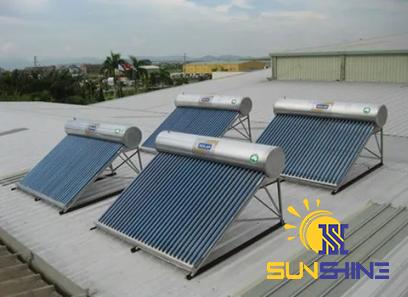
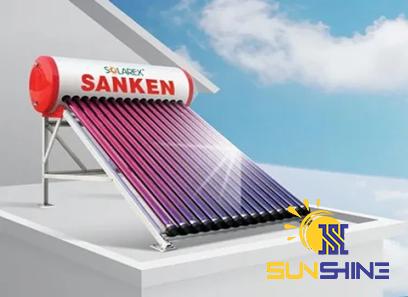
Your comment submitted.